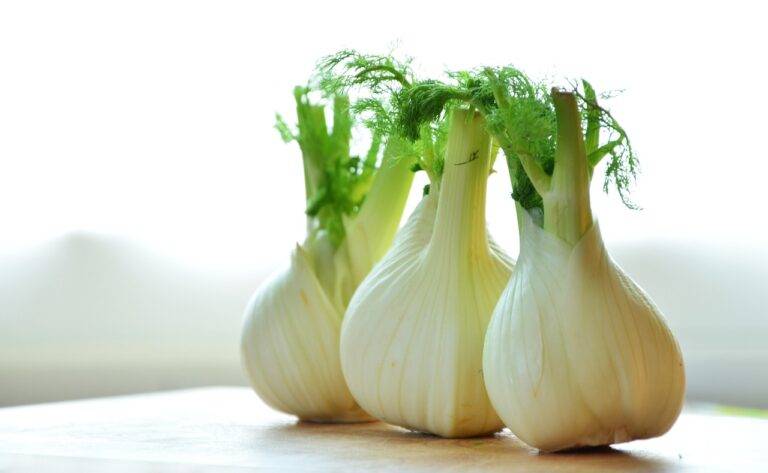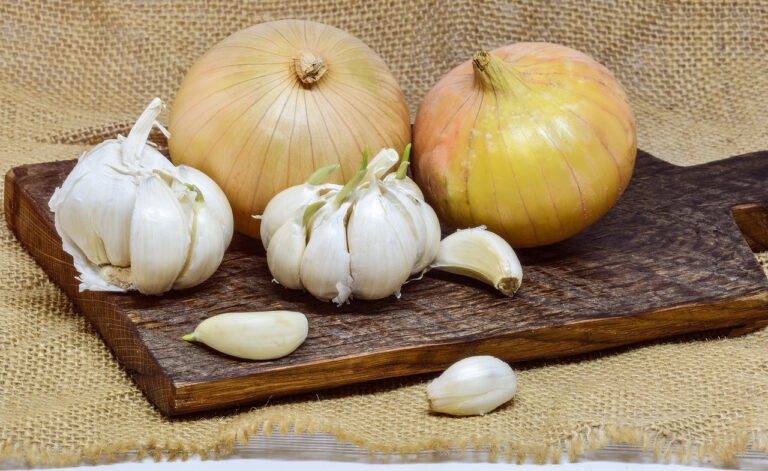The Role of Food Cooperatives in Supporting Local Farmers and Producers
Food cooperatives provide local farmers and producers with a platform to sell their goods directly to consumers, cutting out the middlemen and ensuring fair compensation for their hard work. By participating in a cooperative, farmers can establish direct relationships with their customers, gaining invaluable feedback and building a loyal customer base that appreciates the quality and freshness of their products.
Additionally, food cooperatives offer local farmers and producers a stable market for their goods, reducing the uncertainty and risks associated with fluctuating prices and demand in traditional markets. This stable market allows farmers to better plan their production, leading to higher efficiency and productivity in the long run. The collaborative nature of cooperatives also fosters a sense of community among members, promoting shared knowledge and resources that benefit everyone involved.
How Food Cooperatives Help Small-Scale Farmers Thrive
Food cooperatives play a crucial role in empowering small-scale farmers by providing them with a platform to sell their produce directly to consumers. By eliminating the middlemen, farmers can earn fair prices for their products and establish a loyal customer base within their local community. This direct relationship between farmers and consumers not only benefits the farmers financially but also fosters a sense of connection and transparency in the food supply chain.
Moreover, food cooperatives offer small-scale farmers the opportunity to diversify their products and experiment with new crops or farming methods. By working closely with the cooperative and its members, farmers can receive valuable feedback and support to adapt to changing market demands and consumer preferences. This collaborative environment not only helps farmers stay competitive in the industry but also encourages innovation and sustainable practices for long-term success.
What is a food cooperative?
A food cooperative is a type of business that is owned and operated by its members, who are typically small-scale farmers and producers.
How do food cooperatives benefit small-scale farmers?
Food cooperatives provide small-scale farmers with access to a larger market and better bargaining power. They also offer resources and support to help farmers thrive.
How do food cooperatives help small-scale farmers thrive?
Food cooperatives help small-scale farmers thrive by providing a stable market for their products, offering fair prices, and facilitating communication and collaboration among farmers.
Are food cooperatives only beneficial for farmers?
No, food cooperatives benefit consumers as well by offering fresh, local, and sustainable products. They also contribute to the local economy and support community development.
How can small-scale farmers get involved with food cooperatives?
Small-scale farmers can get involved with food cooperatives by becoming members, attending meetings, and participating in decision-making processes. They can also reach out to existing cooperatives to explore partnership opportunities.





